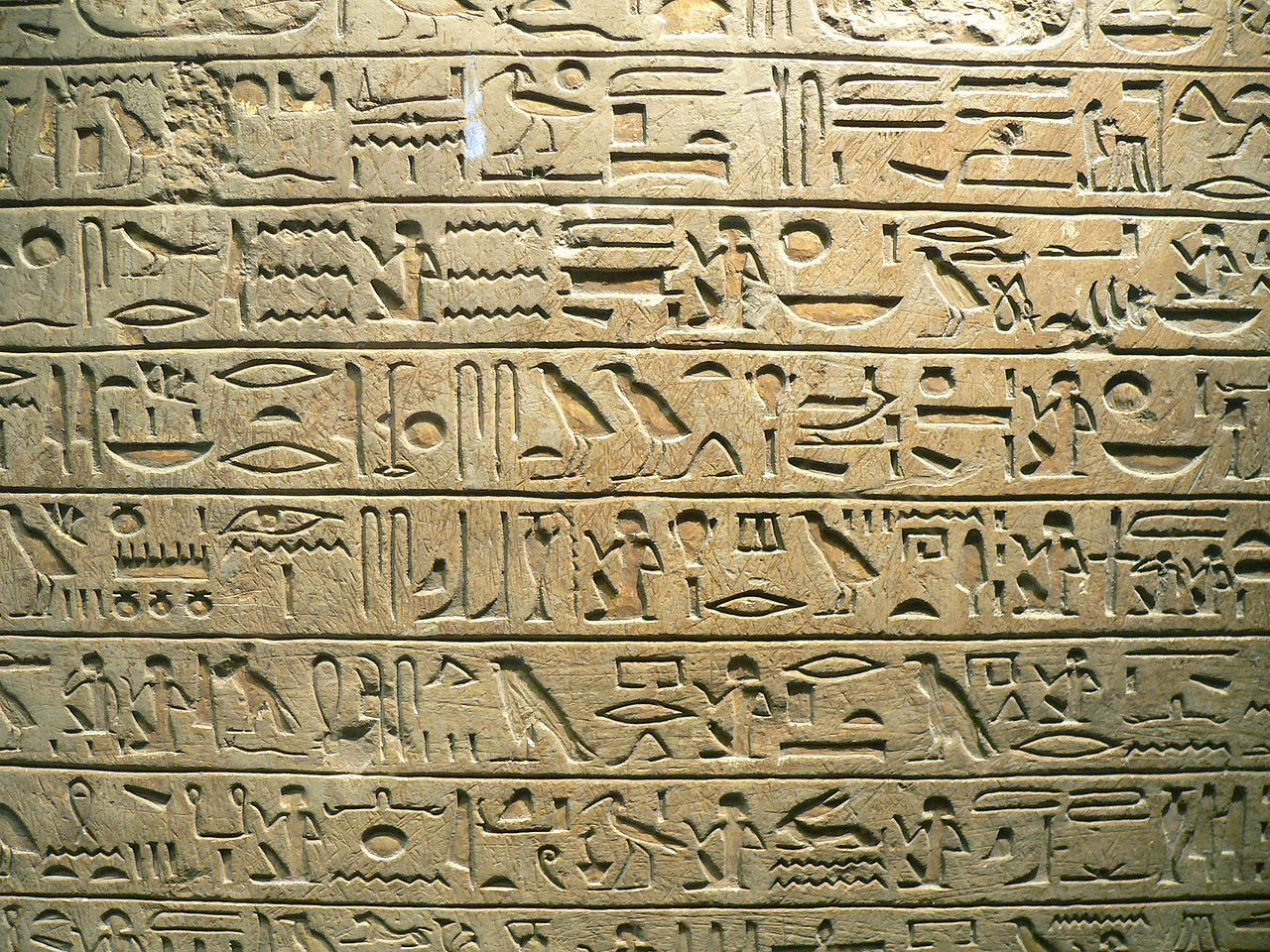 |
| An inscription of Hieroglyphs in Louvre Museum |
For centuries, writing was not a common skill even among the aristocracy. However, in the 21st century, it is not uncommon for people to think that writing is not a great skill. After all, over 86 percent of the global population can write today, right? Well, there is always a subtle difference between ability and skill. Don’t look up the dictionaries, they aren’t really helpful! Let’s try to make sense in a different way.
In a general sense, any mode of communication is just a tool to express your thoughts and feelings. So, whether you write, speak, draw, etc you just try to express what is on your mind without any regard for the outside world. However, when you are a writer, you do the opposite! As a writer, you think about the target audience and carefully choose your words to make sense, to attract people, or to put a notion inside people’s heads. You know why snipers are fascinating weapons! The difference between writers and those who can write is that they have approaches just like the difference between a cook at a restaurant and a chemist at a pharmaceutical company. A cook might prepare food with a lot of ingredients with a primary objective of delighting the customer and nothing more. Food is generally prepared without any regard for the effects it can produce among those who consume it. On the other hand, a chemist prepares a drug very carefully with all ingredients measured diligently. The chemist prepares the drugs to have specifically targeted effects on those who consume them.
A writer treats each word just like how a chemist would treat a drug ingredient!
So, a writer is someone who knows what words to include or discard, not just for the sake of expressing oneself, but to produce a specific effect among the readers. In short, writers don’t just speak their mind, they read others’ minds and write things accordingly.
You cannot write for a target audience without knowing them!
To summarize, writers are agenda-driven, vested interested groups of people with above-average verbal ability who can read people’s minds very well! The ability to write is necessary but not sufficient enough for a writer. It requires a lot more things to be a writer and writing as a skill is still a rare one!
TL;DR: Anyone who can speak is not an orator!
Merkur Progress Black Label Pro Matte Chrome
ReplyDeleteMerkur Progress Black Label Pro Matte Chrome Matte Chrome 메리트 카지노 쿠폰 Merkur Futur 1xbet Chrome Matte 제왕카지노 Chrome MK-6016 is an official product of Merkur